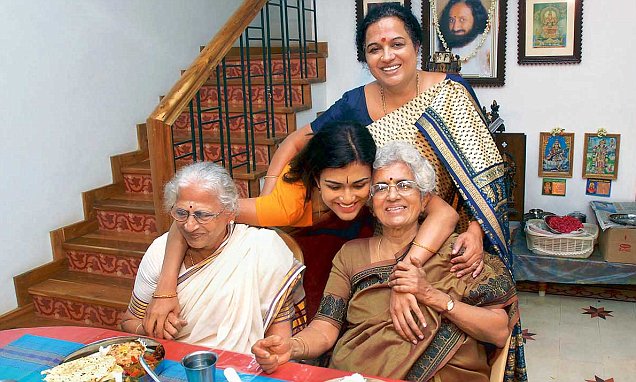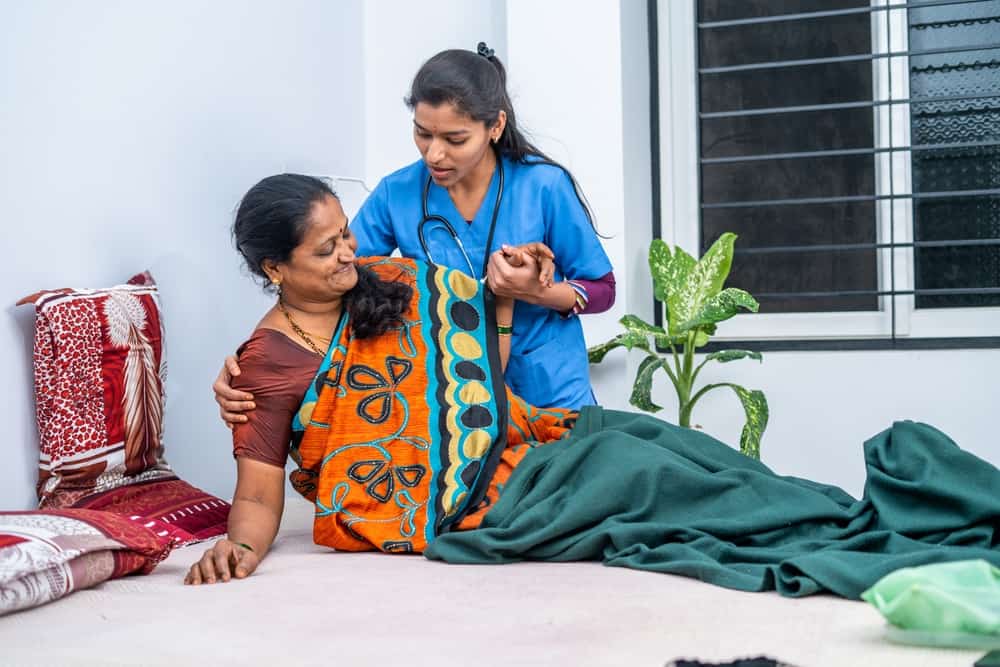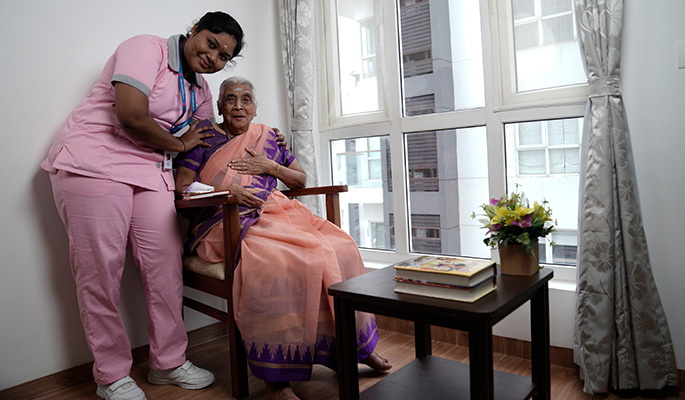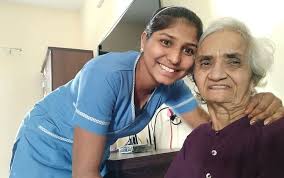Geriatric care in Dhaka, the bustling capital city of Bangladesh, embodies both the challenges and opportunities associated with providing healthcare services to its aging population. With advancements in healthcare, improved living conditions, and changing demographics, the proportion of elderly citizens in Dhaka is steadily increasing, necessitating tailored care solutions to address their unique needs. The city grapples with infrastructure limitations, including inadequate healthcare facilities and a shortage of trained geriatric professionals, which pose significant hurdles to delivering comprehensive care. However, Dhaka also boasts a vibrant healthcare sector, with numerous hospitals, clinics, and community-based organizations striving to meet the growing demand for geriatric services.
One of the primary concerns in geriatric care in Dhaka is the prevalence of age-related chronic conditions, such as hypertension, diabetes, and arthritis, which require ongoing management and specialized treatment. Additionally, mental health issues, including depression and cognitive decline, often go undetected or untreated among the elderly population due to societal stigma and limited access to mental health services. Addressing these multifaceted health needs requires a holistic approach that encompasses medical care, social support, and psychological well-being.
Despite the challenges, Dhaka is witnessing promising initiatives aimed at improving geriatric care. Collaborations between healthcare providers, government agencies, and non-profit organizations are fostering innovation in service delivery and promoting awareness about the importance of geriatric health. Community-based programs offering home healthcare services, day care centers, and recreational activities are enhancing the quality of life for elderly residents, allowing them to remain active and engaged members of society.
Furthermore, advancements in technology are playing a pivotal role in transforming geriatric care in Dhaka. Telemedicine platforms, mobile health apps, and remote monitoring devices enable healthcare professionals to deliver timely interventions and monitor patients’ health status remotely, bridging the gap between patients and caregivers, especially in rural areas where access to healthcare is limited.
In conclusion, while Dhaka faces numerous challenges in providing geriatric care, the city is witnessing positive developments driven by collaborative efforts and technological advancements. By prioritizing the unique healthcare needs of its aging population and investing in innovative solutions, Dhaka can create a more inclusive and sustainable healthcare system that ensures the well-being of its elderly citizens.





